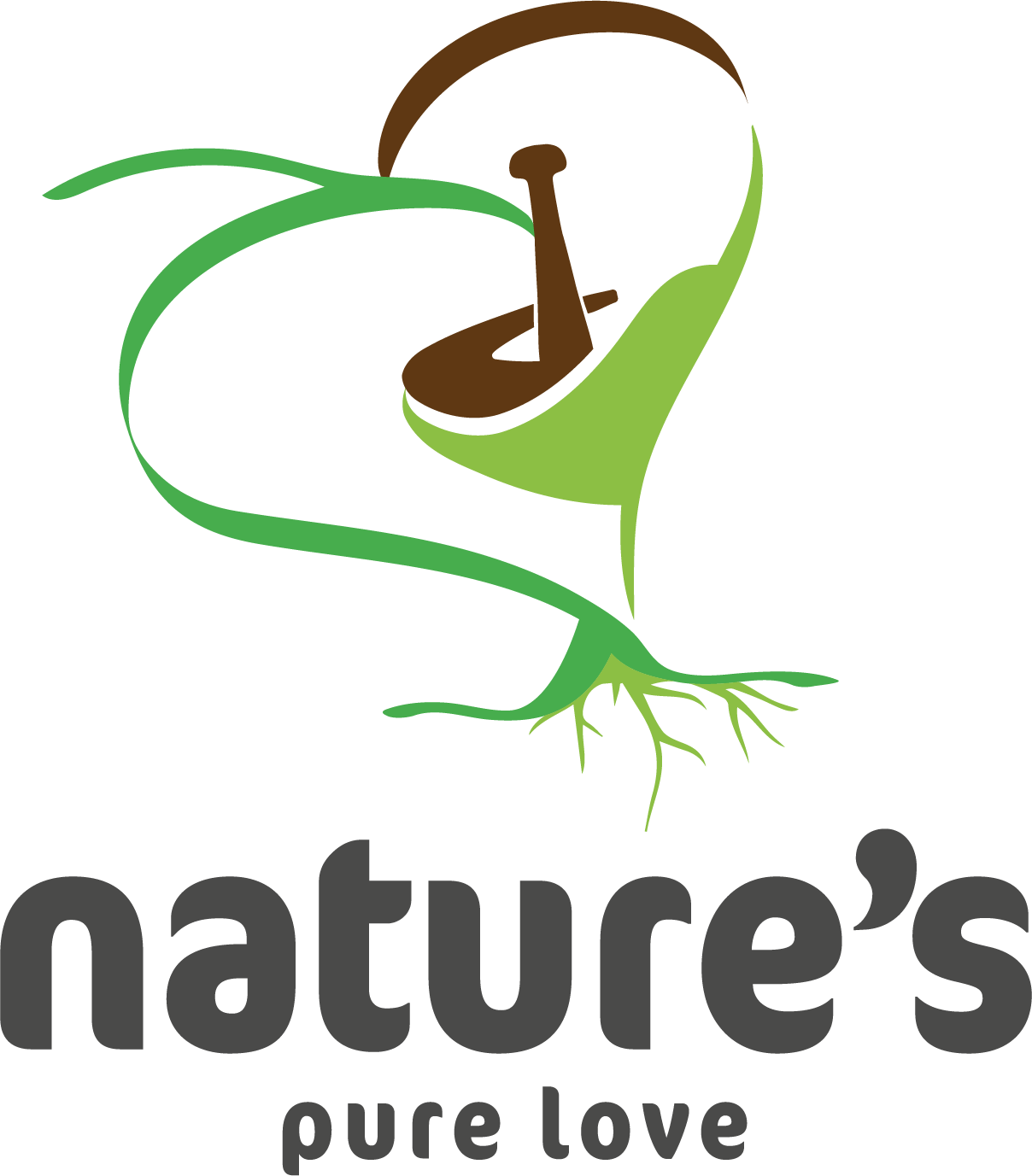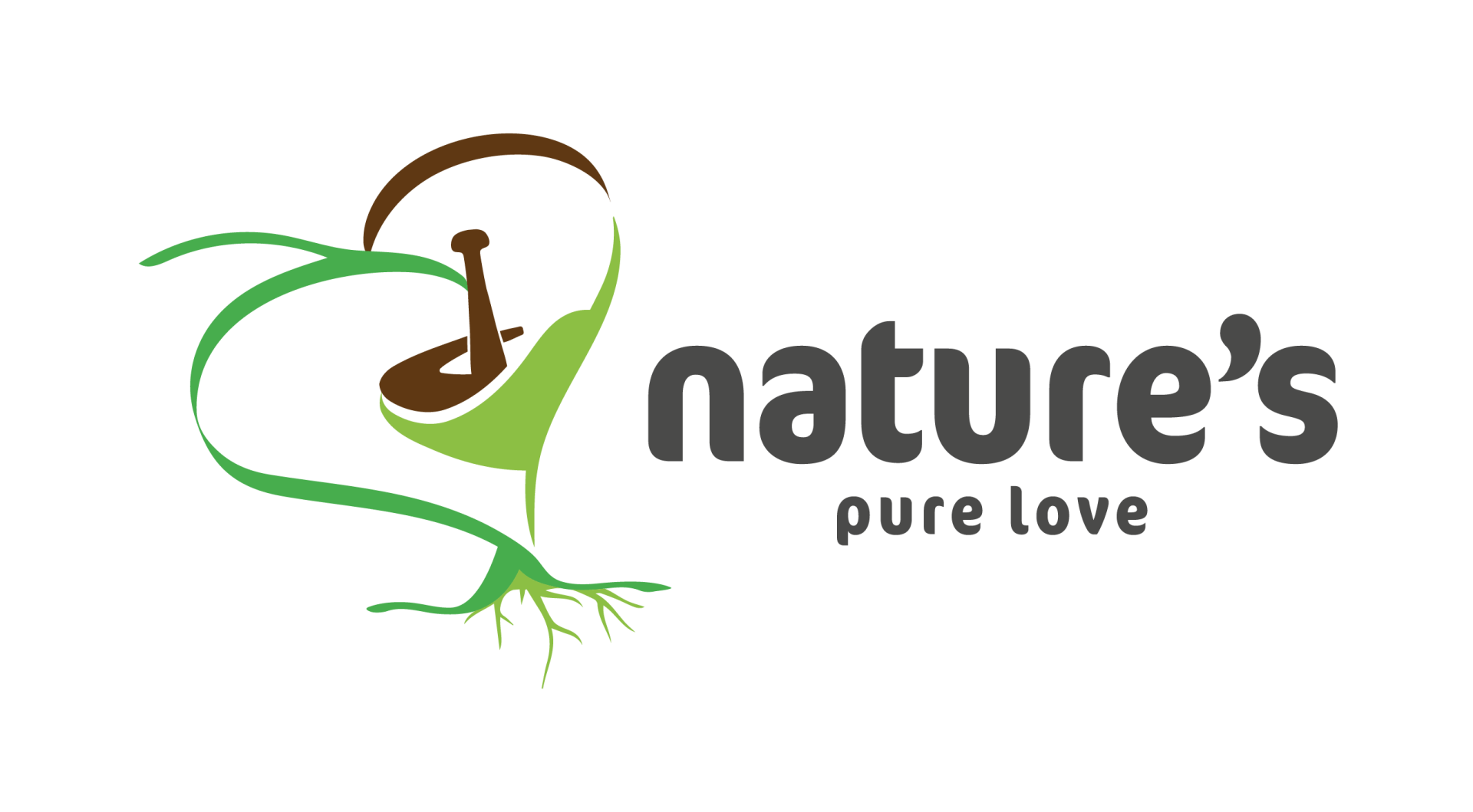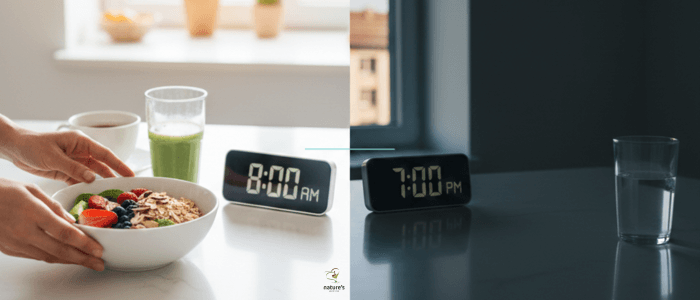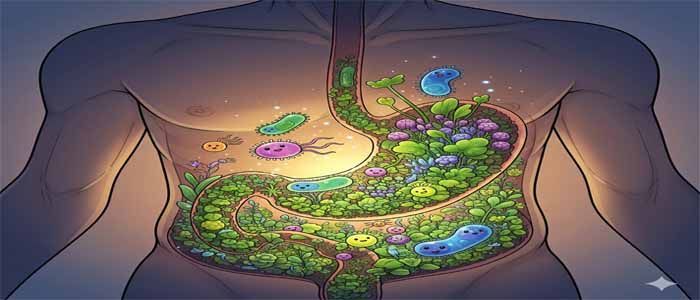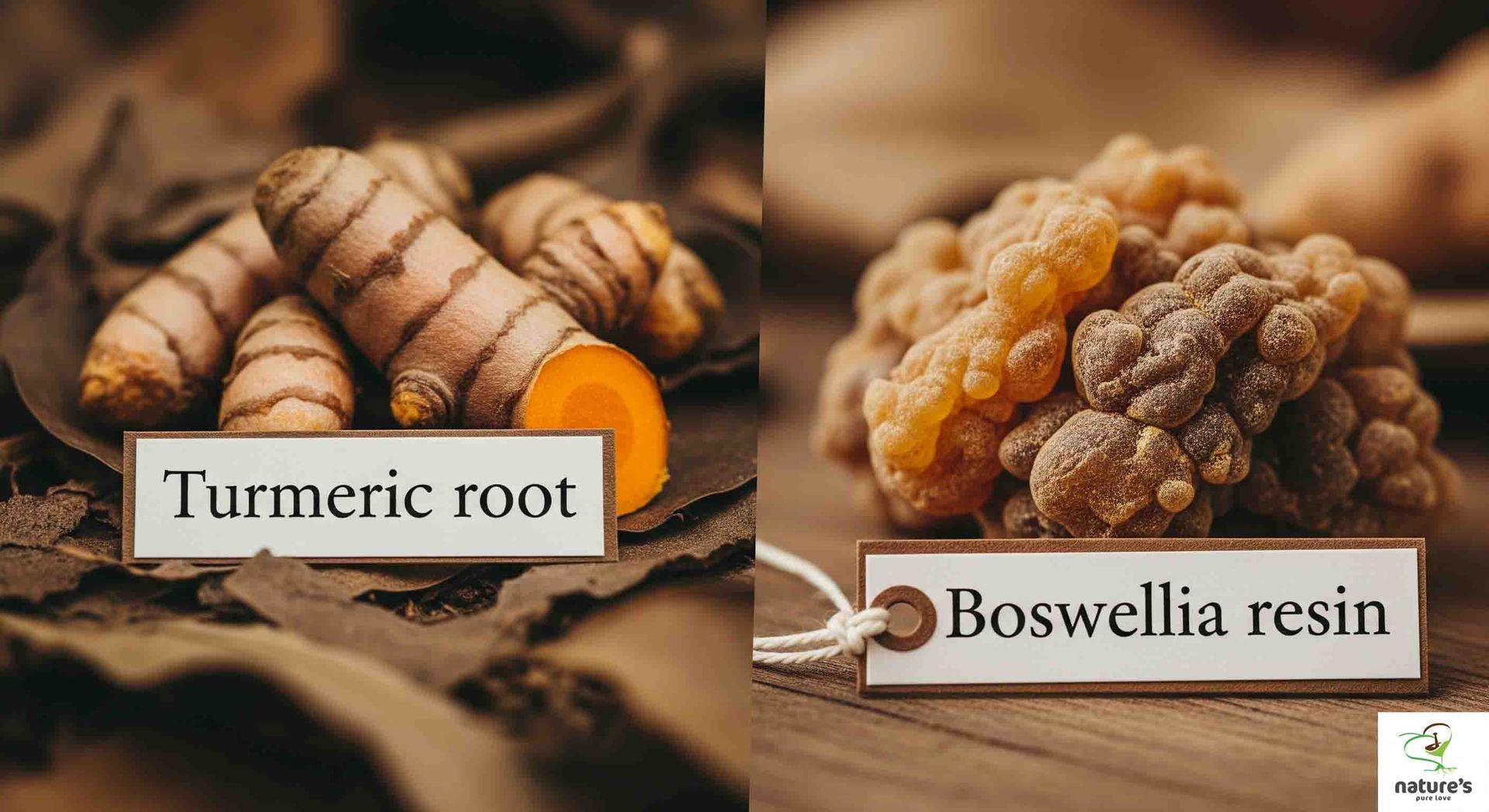Conquer Hot Flashes Naturally: Effective Remedies for Menopause
Conquer Hot Flashes Naturally

Struggling with hot flashes? Explore natural remedies & lifestyle changes to manage them effectively during menopause.
Up to 80% of women experience hot flashes during menopause. If you're among them, you know how disruptive and uncomfortable these sudden waves of body heat can be. While hormone therapy provides relief, many women seek natural, drug-free alternatives.
This article explores evidence-based lifestyle adjustments and complementary approaches that may help manage menopausal hot flashes.
Understanding Hot Flashes
Hot flashes are a common symptom of the menopausal transition caused by fluctuating estrogen levels. According to the National Institute on Aging, they affect a significant proportion of women globally. These episodes can last a few years and significantly impact quality of life, causing sleep disruptions, irritability, and decreased productivity. Addressing hot flashes holistically through diet, exercise, stress management, and other natural practices may help women feel empowered during this life phase (National Institute on Aging) (Women's Health).
Natural Remedies Worth Exploring
Dietary Changes
Increasing your intake of phytoestrogens (plant-based oestrogens) from foods like soybeans, lentils, and flaxseeds may help reduce hot flash frequency and severity. However, research on their long-term benefits is ongoing. If you're considering significant dietary changes, consulting a registered dietitian can help create a personalised plan that meets your nutritional needs and preferences.(National Institute on Aging) (FDA).
Consider incorporating NPL's
UNICITY BALANCE
into your diet, a pre-meal drink with a patented fibre matrix that helps support healthy digestion and balanced nutrition.
Lifestyle Modifications
Managing stress through mind-body practices like yoga, meditation, and deep breathing can be beneficial. Regular aerobic exercise, as recommended by the Centers for Disease Control and Prevention (CDC), may also provide relief by impacting brain endorphins. Keeping a journal to identify personal triggers like spicy foods, alcohol, caffeine, and hot environments can be helpful in managing hot flashes.(Women's Health)
NPL's 30-DAY GUT/IMMUNE RESTORE DETOX plan includes bespoke consultation, organic products, and weekly mentorship, offering a comprehensive approach to stress management and holistic wellness.
Complementary Practices
Acupuncture, a traditional Chinese medicine technique involving inserting thin needles into the body by a licensed acupuncturist, is considered safe and potentially helpful for hot flashes. Some studies also suggest black cohosh may reduce hot flash symptoms, but safety concerns exist. It's crucial to discuss any herbal supplements with your healthcare provider before use, as they may interact with medications you're taking.(FDA) (NCCIH).
For natural supplements, NPL offers UNICITY OMEGA LIFE 3 RESOLV, which supports inflammation reduction and overall health, potentially aiding in managing menopause symptoms.
Identifying Triggers and Avoiding Them
The triggers for hot flashes can differ from person to person, but avoiding them can help lessen the frequency and severity of these episodes. Below are some practical steps to help manage and reduce hot flashes:
Common Triggers to Avoid
- Warm Environments: Avoid overly warm places, and dress in layers so you can adjust your clothing to regulate your temperature.
- Stress: Practice stress-relieving activities such as yoga, meditation, or deep-breathing exercises to help manage stress levels.
- Spicy or Hot Foods and Beverages: These can increase body temperature and potentially trigger hot flashes. Opt for cooler, milder foods.
- Alcohol: Alcohol can cause dilation of blood vessels, leading to increased body heat and hot flashes.
- Caffeine: Found in coffee, tea, and some sodas, caffeine can also trigger hot flashes.
While it might not be feasible to completely avoid all these triggers, being aware of them allows you to prepare and manage hot flashes more effectively when they occur.
Practical Tips for Managing Hot Flashes
- Carrying Cool Water:
- Drink cold water regularly to help keep your body temperature down.
- Splash cold water on your face and wrists during a hot flash to quickly cool down.
- Consider taking a cold shower or running cold water over your face and wrists for rapid relief.
- Staying Hydrated:
- Consistently drink water throughout the day to maintain a stable body temperature.
- Proper hydration helps in managing overall body heat.
- Dressing in Layers:
- Wear layers of clothing so you can easily remove some if you start to feel warm.
- Choose breathable fabrics like cotton to help keep your body cool.
- Using a Fan:
- Keep a handheld fan in your bag for instant cooling when needed.
- Place standing fans in areas where you spend a lot of time, such as your bedroom or office, to create a comfortable environment.
By integrating these strategies into your daily routine, you can better manage hot flashes and maintain your comfort throughout the day. Remember, understanding your personal triggers is key to finding effective ways to avoid or minimise their impact on your life. (Medical News Today)
The Power of a Holistic Approach
Rather than relying solely on a single remedy, a holistic approach combining sustainable lifestyle adjustments tailored to your needs may offer optimal relief from hot flashes and other menopausal symptoms. Nature's Pure Love's philosophy incorporates a holistic perspective on wellness, focusing on dietary adjustments, stress management techniques, and creating a well-rounded approach to navigating menopause.

Living Your Best Life
Menopause is a natural transition, not a health condition requiring treatment. However, nurturing your physical and mental well-being through self-care is vital during this change.
Prioritise stress management, fulfil your need for social connection, and explore relaxation practices like mindfulness meditation or deep breathing exercises. HelpGuide.org offers valuable resources on self-care practices specifically designed for menopausal women.
Be patient and experiment until you find the combination of natural remedies that works best for you.
FAQs
Are natural remedies effective for hot flashes?
Evidence is mixed, but many women find relief through holistic adjustments to diet, exercise, and stress management. Every woman's experience is different.
Are natural remedies safe?
Most natural remedies pose minimal risk, but it's crucial to discuss with your healthcare provider, especially if taking medication or supplements, as some may interact.
How long do hot flashes last?
The duration varies, but most women experience hot flashes for 6 months to 2 years. For some, they may persist up to 10 years.
Conclusion: Embrace This Transition
Hot flashes can certainly disrupt your life, but trying natural, side-effect-free remedies may help you sail through menopause with greater ease. Be proactive about your self-care and don't hesitate to seek guidance from your healthcare professional to develop a personalised plan that suits your needs.
For a holistic approach, consider NPL’s C.R.E.A.M. Holistic Health Plan, which includes comprehensive treatments, consultations, and ongoing support to help you achieve optimal health during menopause and beyond.
